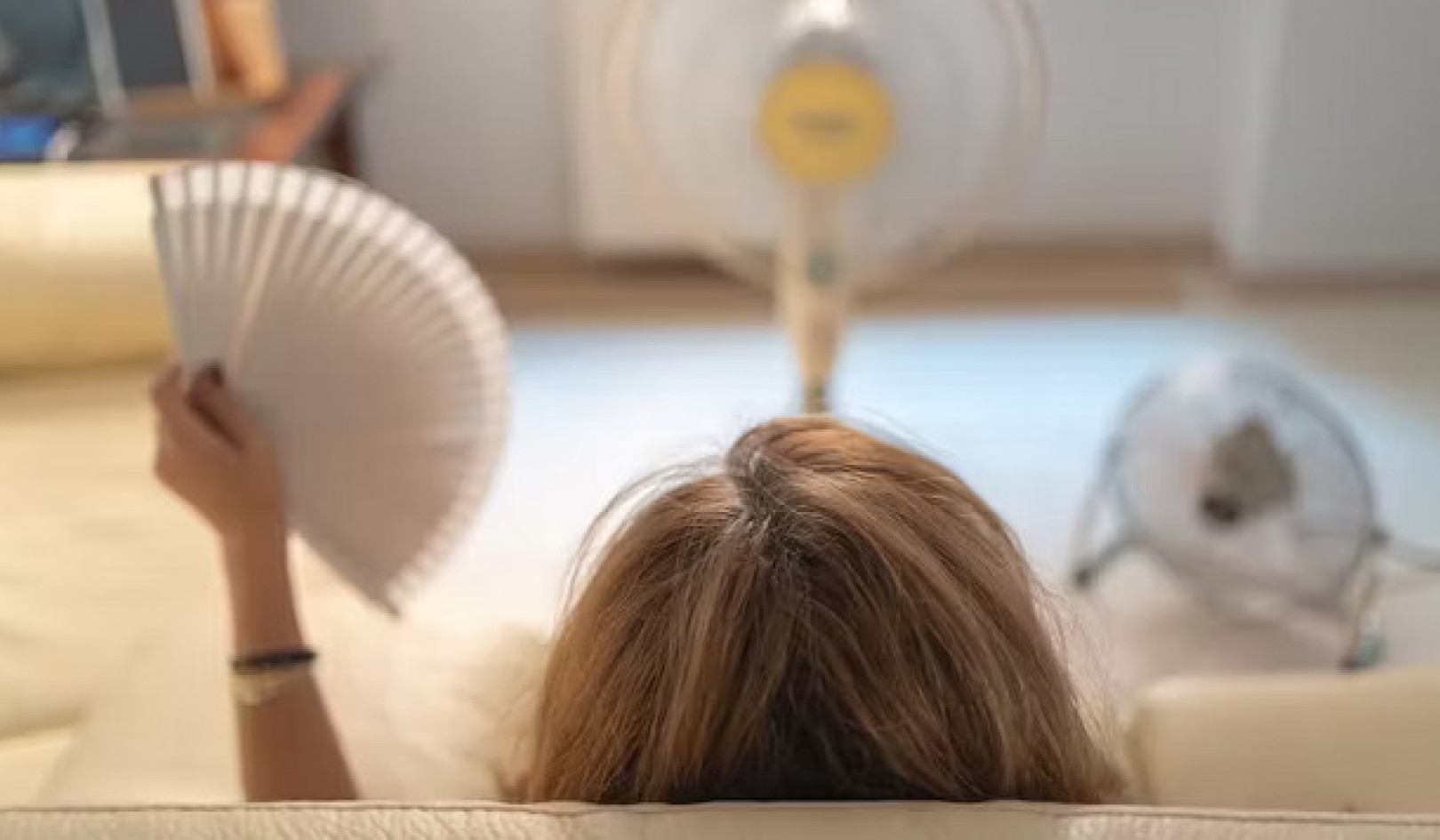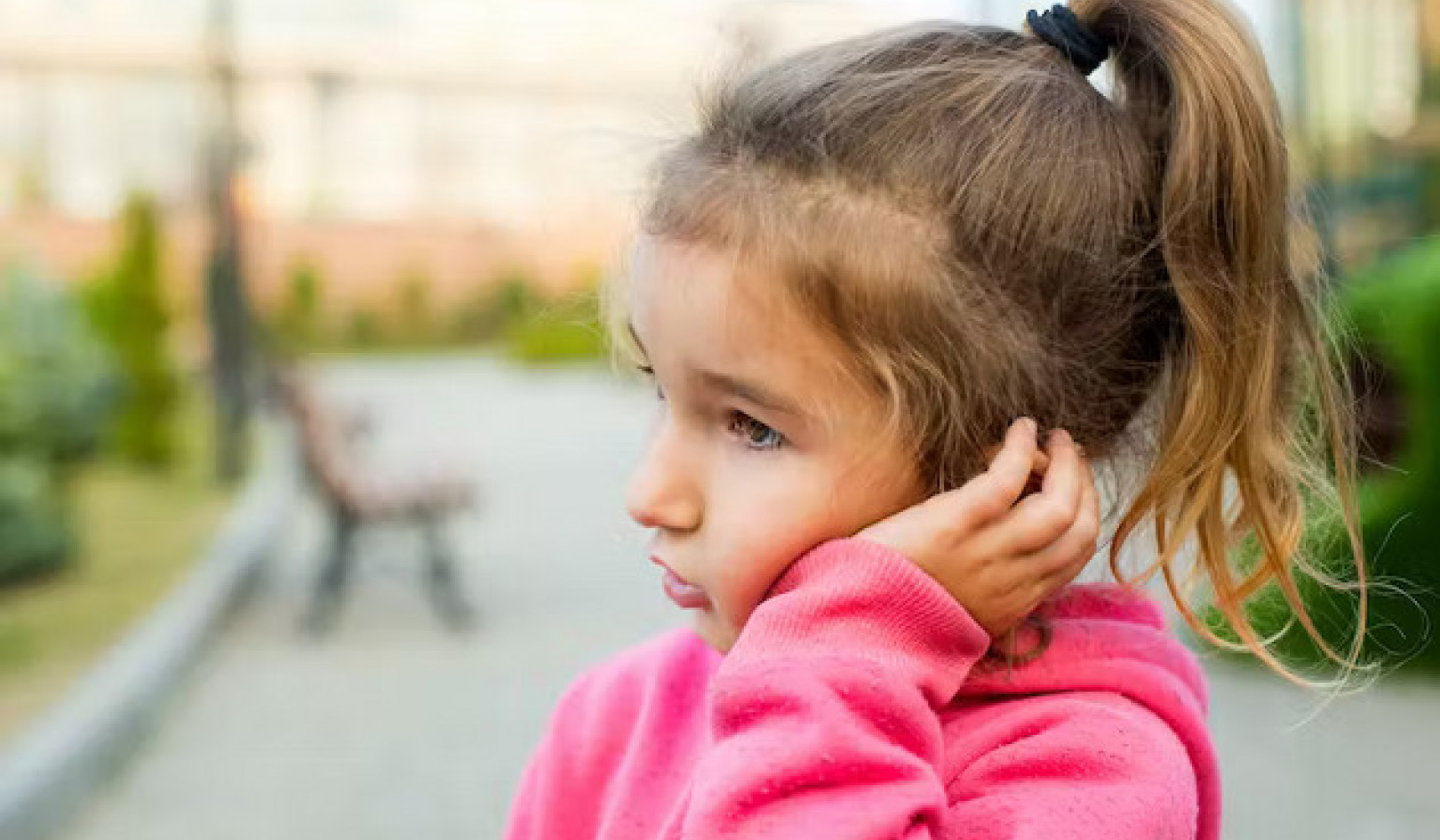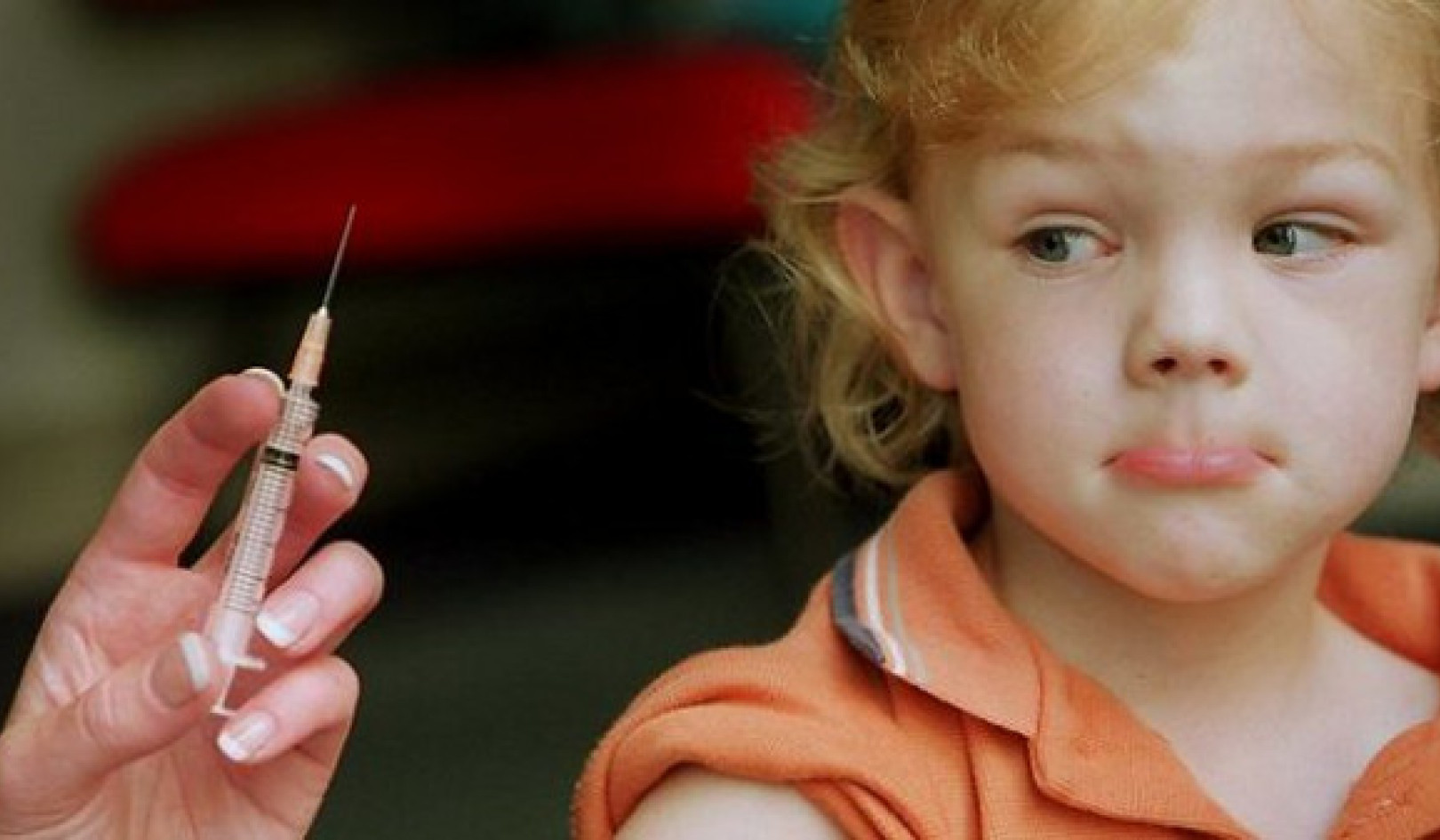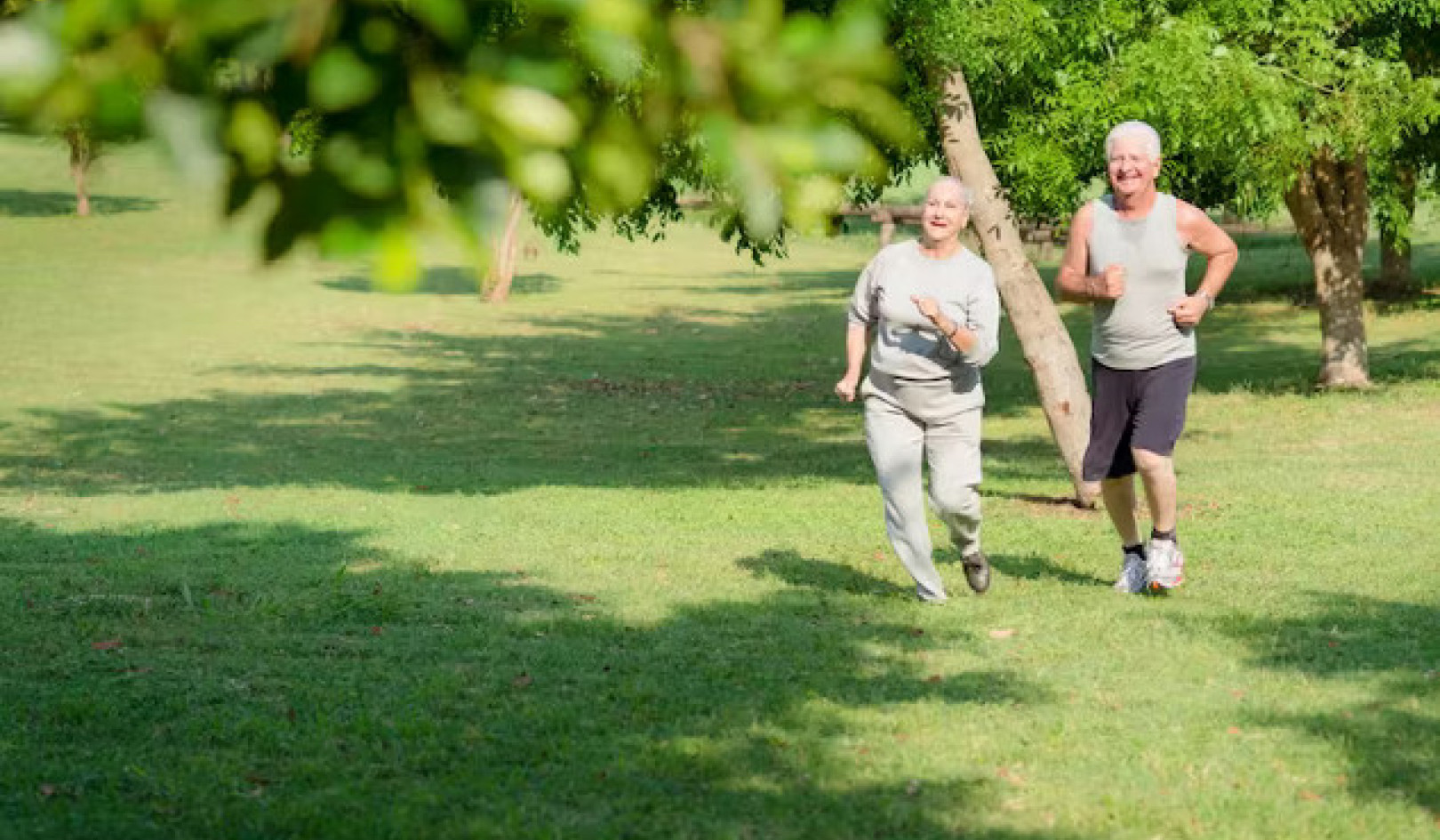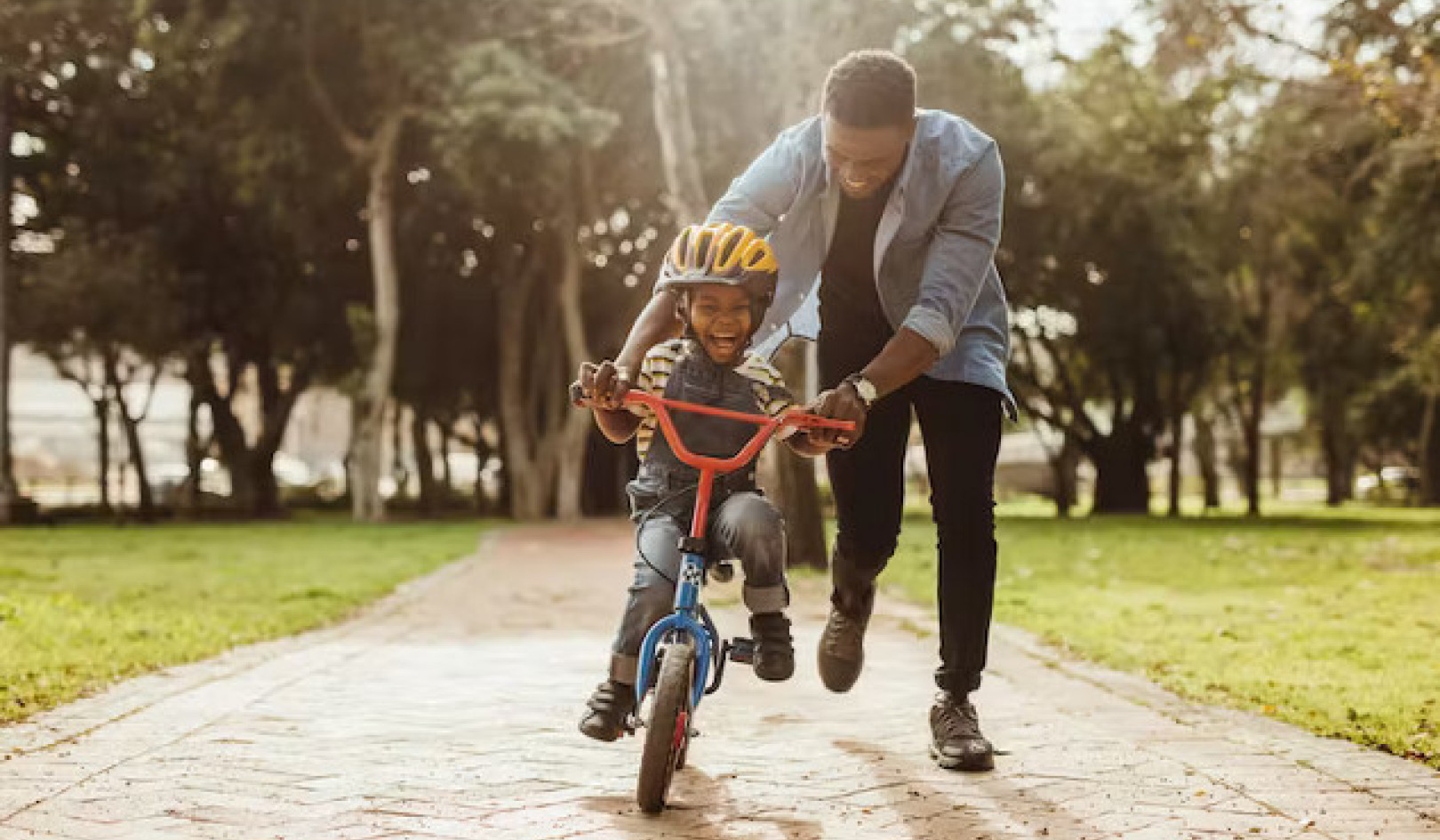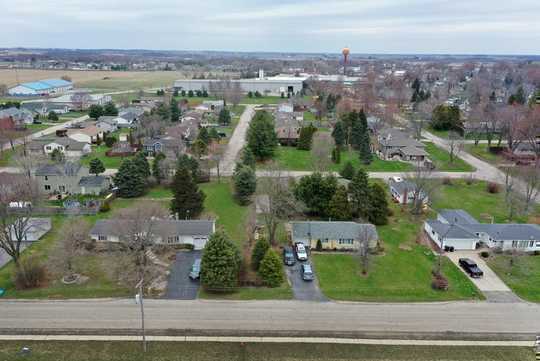 The empty streets of Hebron, Illinois, population 1,200, a village three miles south of the Illinois/Wisconsin border. Scott Olson/Getty Images
The empty streets of Hebron, Illinois, population 1,200, a village three miles south of the Illinois/Wisconsin border. Scott Olson/Getty Images
The burden of COVID-19 in rural areas has been under the radar, as the toll of the disease so far has been heaviest in dense urban areas. But up to 30% of the U.S. population lives in rural America, which already has experienced more than 128 hospital closures since 2010, including 19 last year.
COVID-19 could lead to more closures and instability in rural America, even though the lower density of rural areas may help keep transmission rates of the disease down. With fewer people living across relatively large areas, social distancing is easier to accomplish.
And yet, we’ve seen some rural communities quickly, tragically become hot spots. Dougherty County, Georgia, in the southwestern part of Georgia, has had more deaths than Atlanta’s Fulton County. At least 50 people have died in Dougherty’s Phoebe Putney Memorial Hospital. The virus began to spread after the funeral for a beloved resident in Albany, overwhelming not only the circle of bereaved loved ones but also the health care system. Kershaw and Clarendon counties, both in rural South Carolina, also have been hit disproportionately hard. These areas have unique needs, and compared to urban areas, COVID-19 may be a very different experience for them.
I am a professor at the University of South Carolina School of Medicine in Columbia. I’m also the director of research and evaluation for the South Carolina Center for Rural and Primary Health Care. Having worked in rural health policy, research and advocacy for nearly 20 years, I see how vital our rural communities are to this nation. I also see how this crisis will make the existing problems in these communities – already challenging – even worse.
Get The Latest By Email
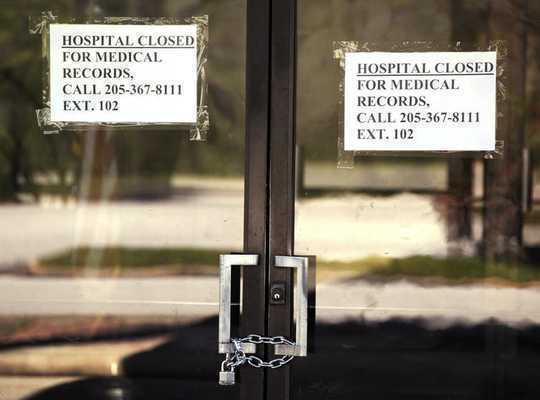 The recently closed Pickens County Medical Center in Carrollton, Alabama, one of the latest health care facilities to fall victim to a wave of rural hospital shutdowns across the United States. AP /Jay Reeves
The recently closed Pickens County Medical Center in Carrollton, Alabama, one of the latest health care facilities to fall victim to a wave of rural hospital shutdowns across the United States. AP /Jay Reeves
Rural areas lack providers, services and money
Compared to most urban areas, rural communities typically have less of most everything when it comes to health care – fewer providers, physicians, nurses, resources and clinics. Less personal protective equipment is practically a given. Some communities have no hospital at all.
The hospitals that have remained are often lacking; fewer ICU beds are just one example. Most have low, even negative, profit margins. More than 450 rural hospitals are financially vulnerable to closure. With the added costs of COVID-19, many of these facilities are now at higher risk. At best, services are cut and staffing is reduced. Many health organizations have begun to furlough employees working in nonurgent settings.
Rural residents – typically older – are more susceptible to COVID-19. They are also economically at risk: They live in areas with higher poverty rates and lower rates of insurance coverage. Those with lower incomes are less able to quickly self-isolate. They are more likely to work in the service or tourism industries, often jobs with limited or no paid time off. Those jobs are also impossible to do from home. Unemployment is frequently the result.
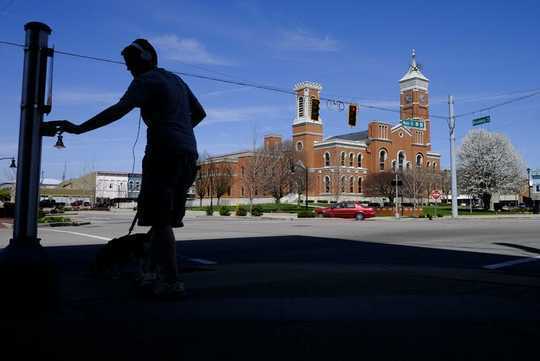 In Greensburg, Indiana, an empty town square, with only a teenager walking his dog. AP / Darron Cummings
In Greensburg, Indiana, an empty town square, with only a teenager walking his dog. AP / Darron Cummings
Virtual options often don’t exist
Although COVID-19 has brought more attention to telehealth and telemedicine options – the Trump administration has loosened regulations and restrictions during this emergency – it’s not an ideal solution for rural residents. Many communities still lack broadband internet capabilities. Even places with broadband, such as hospitals, schools and businesses, often don’t run at speeds available to many residents. Some areas don’t even have cellphone or data coverage, much less internet coverage. Expand these capabilities and rural providers will be able to do more, with patients able to seek care without leaving home.
COVID-19 testing availability is also an issue in rural areas; large cities get preference with test kits. Testing becomes even more problematic if there’s no local hospital to serve as a coordinating center. And new legislation often doesn’t help the needs of rural providers, who operate under different regulatory and reimbursement requirements; that legislation is usually tilted in favor of assisting the majority. And rural communities are more dependent upon their neighbors to function. What happens if the only plumber in town closes shop? The only laundry? The only drugstore?
What’s next?
One reason rural providers struggle financially is because of the transactional nature of our health care system – that is, you’re paid only when services are provided. This is difficult to maintain in areas with relatively low volume and low insurance coverage. Why not a financial model where providers receive support regardless of patient volume?
Better efforts to provide health care insurance for rural populations will help. The uninsured rate, higher in rural areas, reduces the ability of providers to get paid for care. Achieving this would involve a coordinated approach – improve employment opportunities, help employers offer insurance to employees and expand Medicaid coverage. Continued efforts to create incentives and reward providers should be expanded, such as the National Health Service Corps or State Loan Repayment Programs.
Finally, a willingness to explore alternative models for care delivery for rural populations could help fix what’s wrong with the system today.
About The Author
Kevin J. Bennett, Professor, University of South Carolina
This article is republished from The Conversation under a Creative Commons license. Read the original article.
books_health



